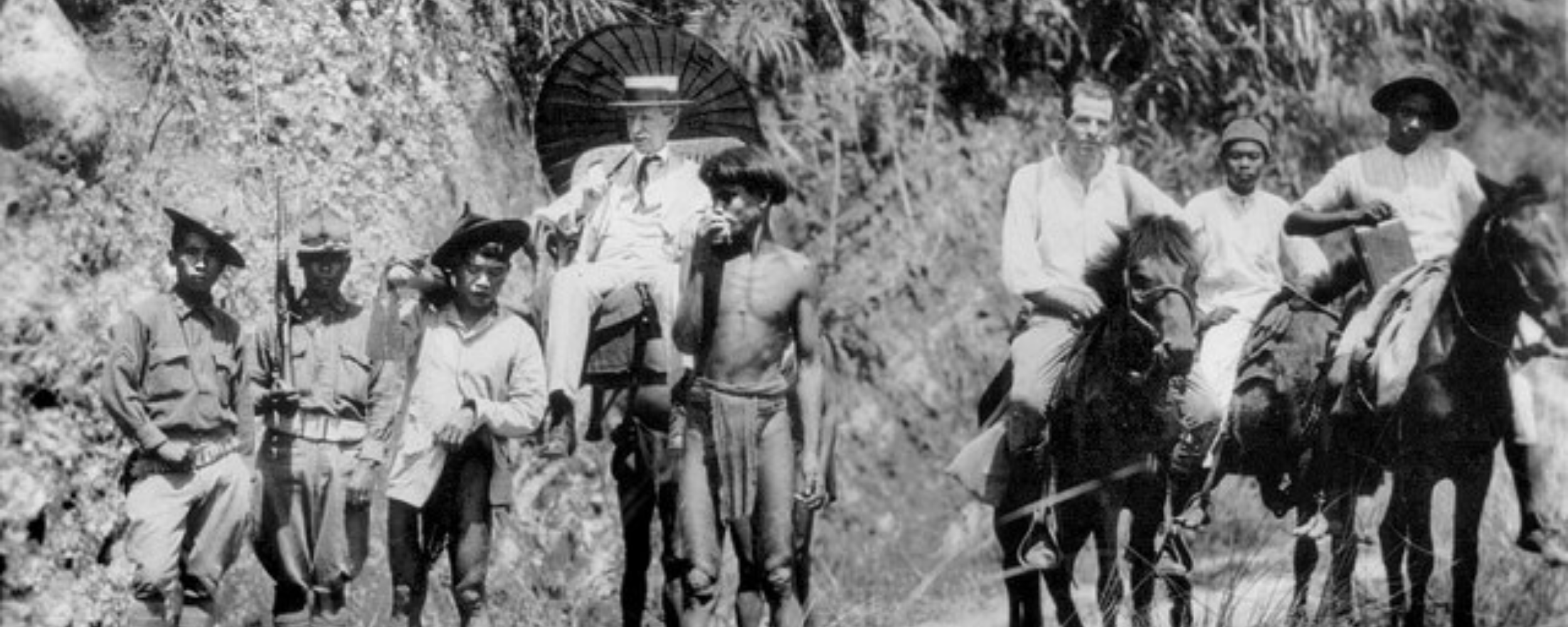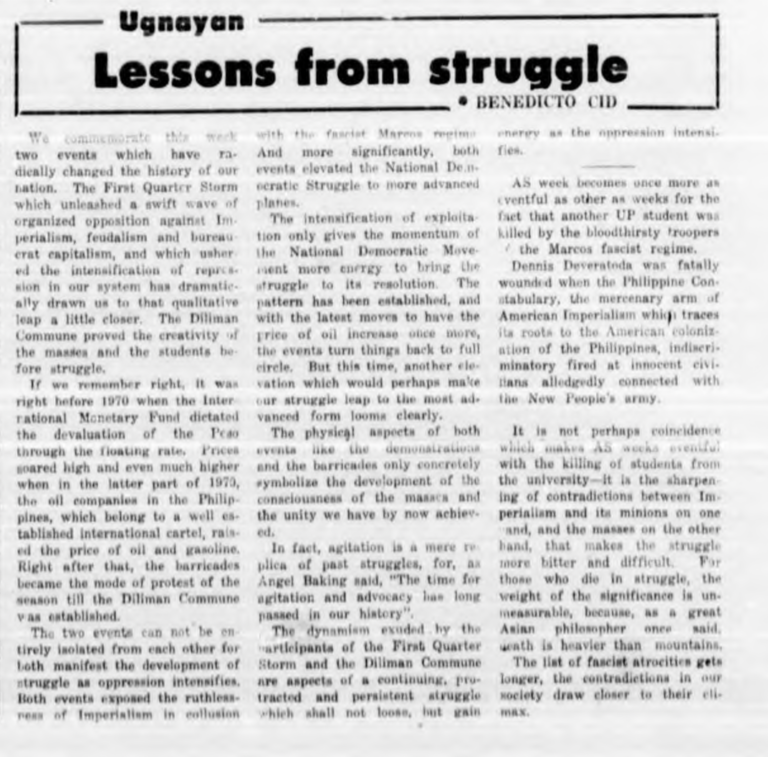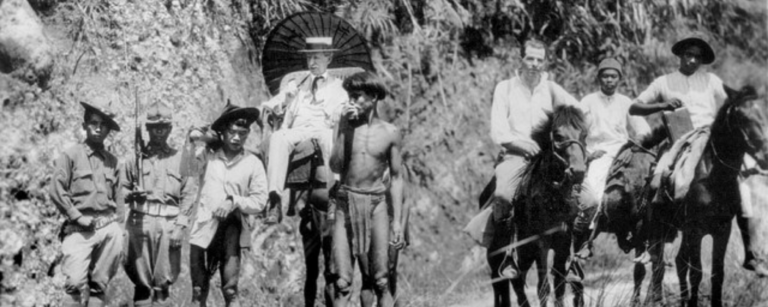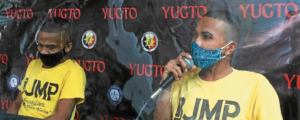
Since the “discovery” of the Philippines by Spanish colonizers, the Philippines has had a feudal system. The country was split into provinces, each with a governor, and then subdivided into cities, municipalities, and the smallest administrative unit, the barrio. Moreover, the gobernadorcillo, who was in charge of lands, justice, finance, and the military forces, was the ruler of the municipality or city. The barrio was governed at the lowest level by the Cabeza de barangay, who also acted as the tax and contribution collector.
Certain privileges were enjoyed by the Cabeza de barangay and higher authorities, such as immunity from forced labor. The barrio administrators abused people under their control because they had such high positions of power. Feudal ties, therefore, defined the administrative apparatus of the Spanish colonizers. The inequitable, exploitative, and repressive social relations of production produced by feudalism provided more riches and profits for local landowners at the cost of the laborers who had to thrive as soil tillers.
A feudal work system exists when there is an asymmetric order-giver and follower relationships, such as between a landlord and his laborers, with the former having complete control over the land’s production activities and the latter loyally serving the former.
Landlords owning vast tracts of lands under conquests or land-grabbing from helpless peasants or tribal communities led to feudalism, particularly in Europe. However, a similar unjust stratification continued to haunt the Philippines almost a decade ago. This underlying issue has also been the problem ever since the ‘discovery’ of the Philippines.
This heinous act of defiance against helpless farmers is inexcusable. An instance happened at Mendiola Street in Manila in 1987, wherein 10,000 farmers gathered to demand serious agricultural reform, which served as a rallying cry for democratic hero President Corazon Aquino. Rather, 13 farmers were killed by government forces in a shower of gunfire, while dozens of protestors were injured by gunshots and other assaults. This notorious incident would become known as the “Mendiola Massacre”.
A hail of gunshots poured down on the sugar plantation one afternoon seventeen years ago, slaughtering farmers demanding better wages. Farmers battling for their estate on this vast land area have been killed down or terrorized in the dead of night and never seen again. The farmers have lost a family member and friends to the fascist thugs of the oligarchs. This massive issue would become known as the dreadful “Hacienda Luisita Massacre.”
While the wealthy Cojuangco-Aquino clan enjoy their unfair power balance, the laborers from the Hacienda Luisita, on the other hand, were punished not only for their wage demands but also for their innocent lives. The laborers’ strike was not only justified, but their demands were also worthy of attention.
The Hacienda Luisita massacre occurred seventeen years after a land reform law was approved in 1987. During that time, why hadn’t the plantation area been distributed to small farmers? Perhaps the tragic consequences of the workers’ strike would not have occurred if Cory Aquino, who initiated the land reform, had followed through on her pledge of agricultural reform.
Feudalism certainly had a substantial adverse effect on the country. The laborers were the ones who suffered the impact of feudalism in a society that split between rich and poor. Going back, the Hacienda Luisita Massacre and the Mendiola Massacre, one of the most terrible aspects of these tragedies is that the victims have yet to receive justice years later. The injustice ruled out to the people is a recurrence of the past.
This feudal phantom continues to haunt us to this day, and we must exorcise it as soon as possible. People have been exploited continuously. Moreover, despite this era of globalization, the Filipino elites have maintained their feudal aristocracies, leaving the marginalized masses with few options for achieving at least an adequate level of living.
Landlords, huge people in business, power-hungry politicians, and all-powerful international companies continue to wield power. Thus, Filipinos will have to continue to fight for social justice, industrial democracy, peace, and growth in industries throughout the nation to cleanse the system of its feudal character. This struggle will eventually lead not only economic development but also to the Philippines’ political, and social growth.
Featured image courtesy of News Junkie Post







